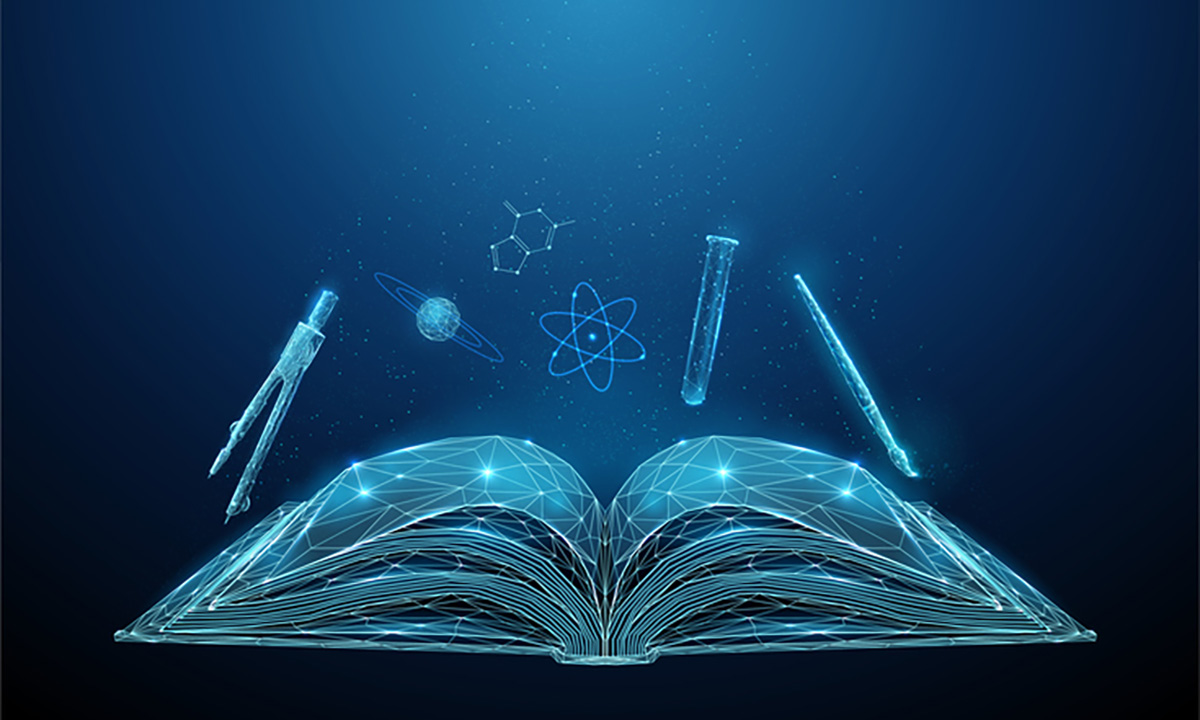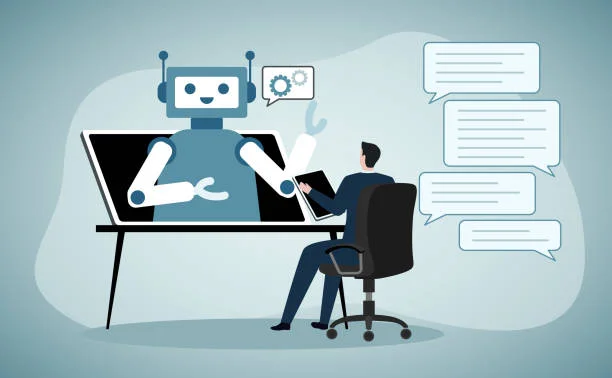
Deep Learning in Education: A Quiz Perspective
Introduction:
Deep learning and artificial intelligence (AI) have been revolutionizing several industries, and education is no exception. With the advent of AI-powered quizzes and the emergence of educational institutions like AILA School, the process of learning has become more personalized, engaging, and effective. In this blog article, we will explore how deep learning in education from a quiz perspective is reshaping the future of learning.
1. Quiz Time: The Rise of AI Quizzes
Quizzes have always been a popular assessment tool in education, but AI has taken this process to a whole new level. AI quizzes can adapt to individual learning needs, providing tailored questions based on a student’s strengths and weaknesses. This personalized approach helps students focus on areas that require improvement, enhancing their overall learning outcomes.
2. AILA School: The Forefront of AI Education
Leading the way in AI-driven education, AILA School has fully embraced the potential of deep learning in shaping the future of learning. By utilizing advanced algorithms and machine learning techniques, AILA School’s AI-powered quizzes provide students with invaluable insights and recommendations for personalized learning paths. This innovative approach ensures that each student receives a truly tailored educational experience.
3. Enhancing Critical Thinking Skills
Deep learning in education fosters the development of critical thinking skills. Through AI quizzes, students are exposed to a wide range of challenging questions and scenarios that require problem-solving and analytical thinking. This process not only reinforces knowledge but also encourages students to think critically and approach problems from different angles, preparing them for real-world challenges.
4. Empowering Self-Paced Learning
One of the major advantages of deep learning in education is the ability to facilitate self-paced learning. AI quizzes allow students to progress at their own speed, ensuring that they grasp concepts thoroughly before moving on to the next topic. This individualized approach promotes deeper understanding and retention, enabling students to take control of their learning journey.

5. Preparing Students for the Future:
AILA School’s integration of Deep Learning in education aligns with the broader goal of preparing students for the challenges of the future. In a world where technological proficiency is increasingly essential, AILA ensures that its students not only acquire knowledge but also develop critical thinking skills and adaptability, laying a strong foundation for success in a rapidly evolving global landscape.
6. Continuous Assessment and Personalized Feedback
Deep learning-based quizzes offer continuous assessment and timely feedback. Students can track their progress, identify their strengths and weaknesses, and monitor their performance over time. AI algorithms can provide instant feedback on quiz responses, helping students understand their mistakes and providing relevant resources for further learning. This real-time feedback loop accelerates the learning process and helps students achieve more efficient knowledge acquisition.
Conclusion:
Deep learning in education, particularly from a quiz perspective, is revolutionizing traditional teaching methods. Through the power of AI quizzes and educational institutions like AILA School, learning has become more personalized, engaging, and effective. This transformative approach offers students tailored learning paths, enhances critical thinking skills, promotes self-paced learning, and provides continuous assessment with timely feedback. As technology continues to evolve, the future of education undoubtedly lies in deep learning and AI, paving the way for a truly personalized and dynamic learning experience

